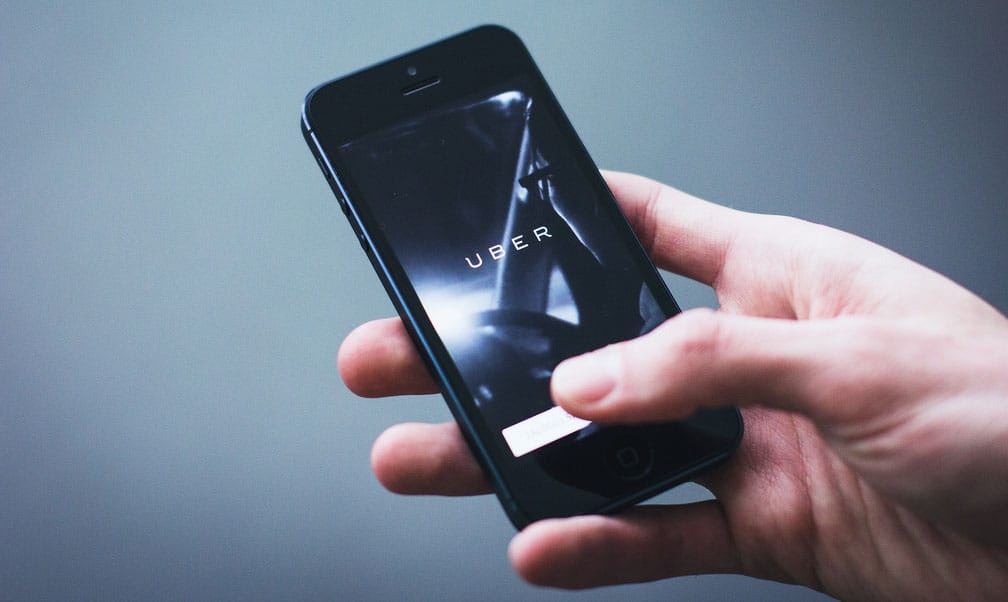
Attendees at last week’s South by Southwest conference in Austin found themselves time traveling from the airport to their hotels. Instead of using the ride-sharing apps Lyft and Uber, tens of thousands of techies were forced into cabs, or even worse, pedicabs.
Last year, the City of Austin started requiring ride-hailing companies, both ride-share companies and taxis, to fingerprint its drivers, and both Uber and Lyft pulled out in protest. In their place, a number of local ride-sharing apps, such as RideAustin and the app Fasten (which is only available in Austin and Boston), have cropped up. RideAustin is unique in that it is nonprofit; it allows passengers to round up their fares and donate the overage to the charity of their choice. Blogs by SXSW attendees lamented price surging as well as the apps just crashing from the load.
These are tenuous times for Uber, which was founded in 2009 and now books more than a million rides daily. Last week saw the resignation of Uber CEO Jeff Jones just six months after taking the helm. Various cities around the world, including San Antonio, are trying to curtail its services, there are allegations that the company has been ignoring sexual harassment charges aimed at drivers, and a slew of other recent resignations have left top posts open. In Seattle, the company is fighting an ordinance that allows Uber, Lyft and other drivers to organize into a union.
In what could be the biggest threat to the company yet, Waymo, a self-driving ride-share venture owned by Google’s parent company, Alphabet, sued Uber last month, claiming that one of its employees stole the technology, then left and started his own company, Otto. It was then acquired by Uber six months later and he was put in charge of Uber’s autonomous vehicle production. Waymo has now asked a judge to force Uber to halt development until the lawsuit is resolved.










